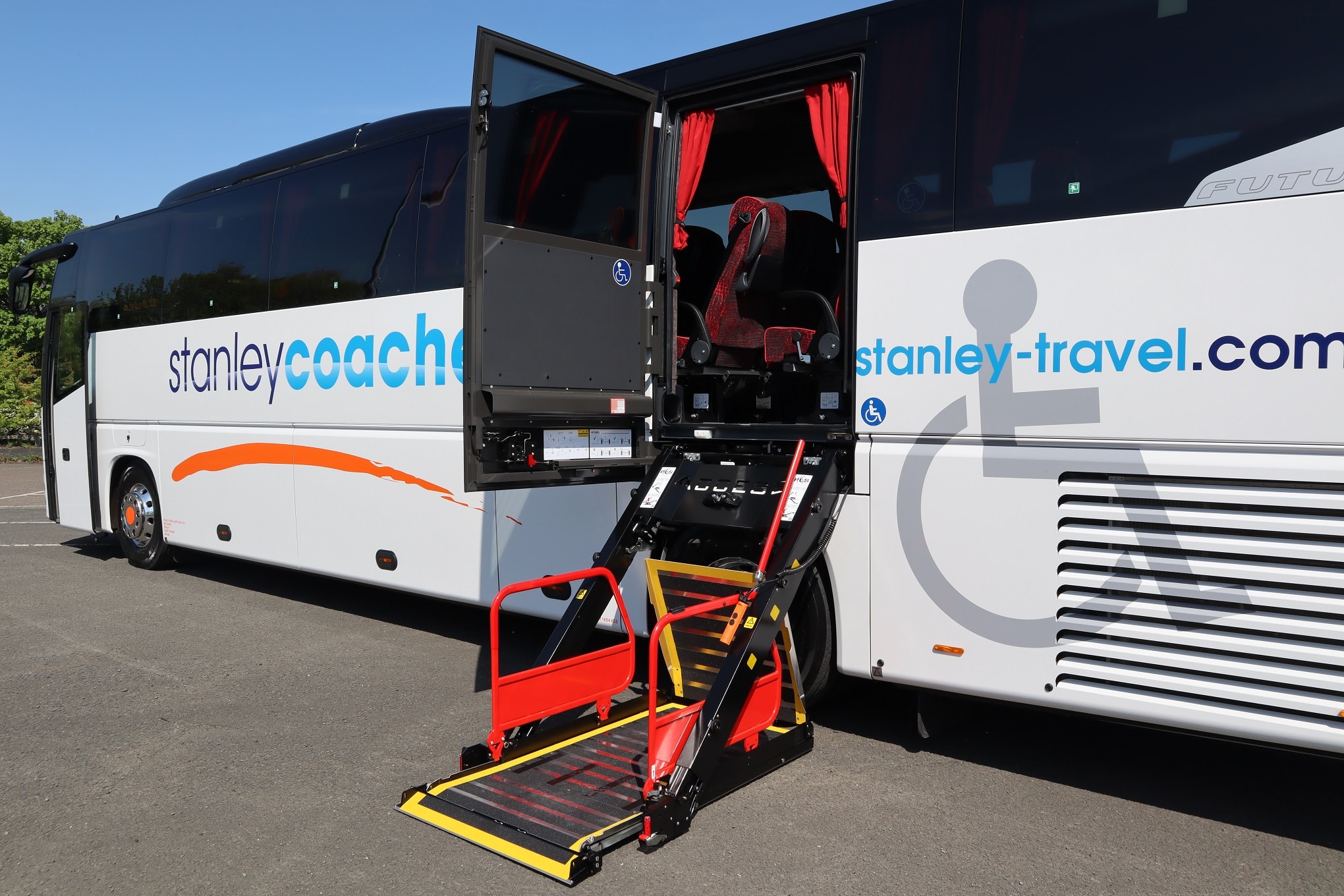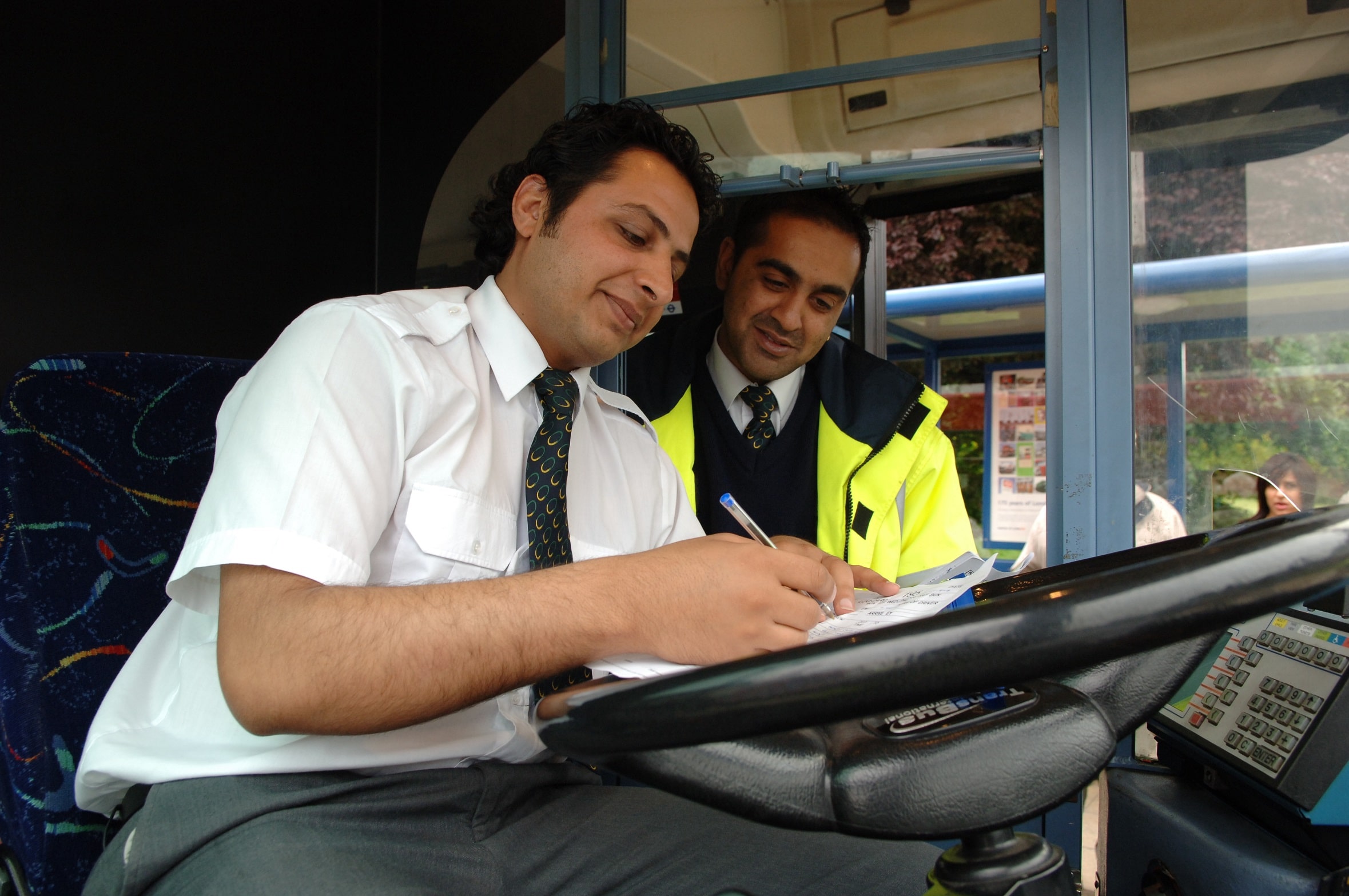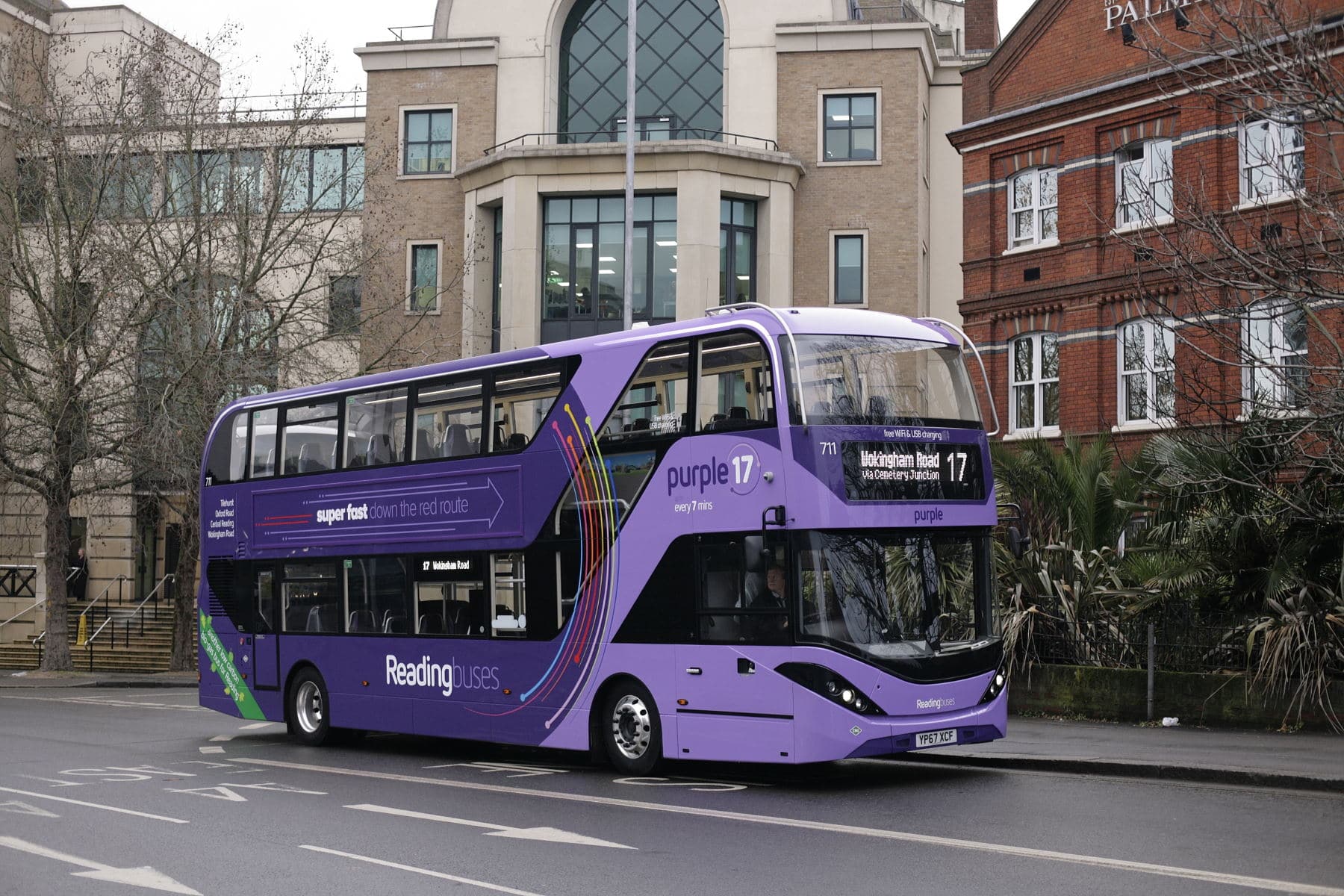RHA has published its policy on how PSVAR should be applied to the coach sector. While it agrees that vehicles with more than 22 passenger seats that are used on services that are deemed to be in scope should be compliant, the trade body has called on ministers to amend the scope of the Regulations to focus on access to journeys, rather than on vehicles.
The rationale behind RHA’s proposals – which it says would satisfy the desire to extend inclusivity for coach services – involves the Companies Act 2006. Should ministers accept its solution, PSVAR would be amended so that the standard duty principle established by that Act is extended to include service provision that complies with the Equality Act 2010.
That would place upon a coach company Director a duty to take reasonable steps to offer 100% accessible services to which the public has access. Such a duty would not require all vehicles owned to be compliant. Rather, it would be incumbent upon the Director to ensure that they have access to 100% accessible vehicles if reasonable service demands require it.
“However, if no demand for a 100% accessible service exists, then there is no requirement for a Director to either own or have access to 100% accessible vehicles,” the proposal continues.
Five-year phase in call for RHA coach PSVAR proposals
RHA wants the requirement to take reasonable steps to offer 100% accessible services to be phased in, with a legal duty pertaining to all in-scope operators applying in full five years after the pending review of PSVAR is completed. The government earlier said that is likely to be in late 2023.
RHA believes that its solution to PSVAR in coaches “would offer greater inclusivity much quicker” than if the Regulations relied on every vehicle being accessible.
The trade body describes its proposal as “a deliverable, proportionate and sustainable response that balances the legal requirement to provide accessible services for a person presenting protected characteristics defined in the Equality Act 2010 with technically viable solutions.”
Where it is known that an accessible vehicle is not required, RHA says that operators should not have to provide one. It believes that is achievable “within the spirit” of that Act.
Potential barrier to acceptance acknowledged
RHA acknowledges that a potential barrier to acceptance of its proposal is allowed by the Equality Act 2021. Its solution depends on a person making it known that they have a protected characteristic to trigger the requirement for a coach operator’s Director to provide the 100% accessible service.
The act of making it known could be seen as indirect discrimination, and hence unlawful, as it is not an action that an able-bodied person has to undertake.
RHA counters that by stating that the law allows for “legitimate discrimination.” It says that Section 19, paragraph 2(d) of the Equality Act 2010 justifies one person discriminating against another if that is “a proportionate means of achieving a legitimate aim.” The trade body points to a page on the Citizens Advice website that states that running an efficient service can be considered a legitimate aim.
Adds RHA Operations Manager – Coach Sector Andy Warrender: “PSVAR is well-meaning legislation, but it does not achieve what it has been set out to do. It has long been recognised that the focus on the vehicle largely ignores other elements [required] to make journeys 100% accessible.
“Ministers will be reviewing the Regulations shortly. We urge them to amend the Regulations to focus on the journey rather than the vehicle to make coach travel more accessible.”

























